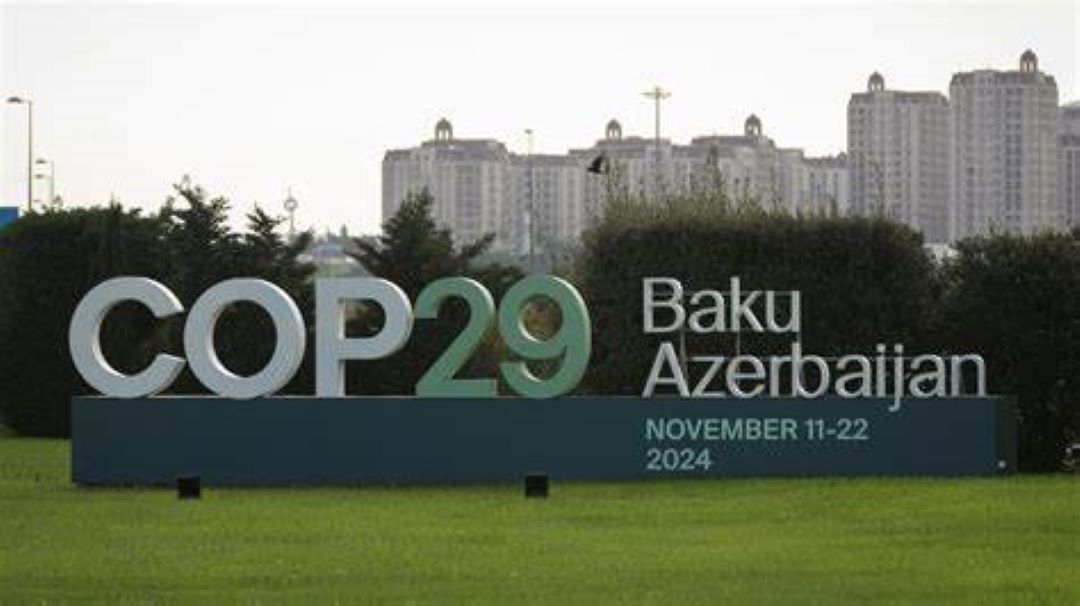
African leaders and negotiators at COP29 have called for
equitable climate finance, stronger global partnerships, and urgent action to
address the continent’s disproportionate vulnerability to climate change.
Speaking at the COP29 Climate Change Conference in Baku, Azerbaijan, the African Group of Negotiators proposed a climate finance target of $1.3 trillion (Sh168 trillion) annually by the year 2030.
They also cited the $3 trillion (Sh387 trillion) required to implement the continent’s Nationally Determined Contributions (NDCs).
Despite being among one of the least continents responsible for global emissions, Africa suffers some of the most severe impacts of climate change.
Climate disruptions already cost Africa 5% of its GDP annually underscoring the urgency of action.
Backed by the Economic Commission for Africa (ECA), the African Union Commission, and the African Development Bank, the continent’s unified strategy focuses on climate finance, renewable energy, and nature-based solutions.
“A central focus of the continent’s agenda is equitable climate finance. Many African nations spend more on servicing debt than on healthcare or education. Leaders are calling for financial reforms to make funding accessible, affordable, and timely,” read the statement.
The African Group of Negotiators state that operationalizing the Loss and Damage Fund, established at COP28, would provide essential resources to countries already suffering from floods, droughts, and rising sea levels.
The Congo basin which absorbs 1.5 billion tons of carbon credits annually is one of Africa’s natural resources that requires a significant focus.
The African leaders are also advocating for a more equitable valuation of African carbon credits which sell for as little as $5 (Sh646) per ton compared to $80 (Sh10,344) in regulated markets.
The continent showcased its renewable energy potential by highlighting projects like Morocco’s solar farms and Kenya’s geothermal initiatives.
“Expanding these projects could cut emissions, create jobs, and power industries,” read the statement.
The African leaders also stated that nature-based solutions such as reforestation, afforestation and mangrove protection are also key pillars in capturing carbon credits while preserving biodiversity at the same time.
African leaders have also recognized the need for internal reforms through strengthening governance and ensuring transparency in climate financing which are critical to maximizing the impact of resources.
Claver Gatete, ECA Executive Secretary, warned, “The cost of inaction is far greater than the investment required to build a resilient and prosperous future for Africa.”











